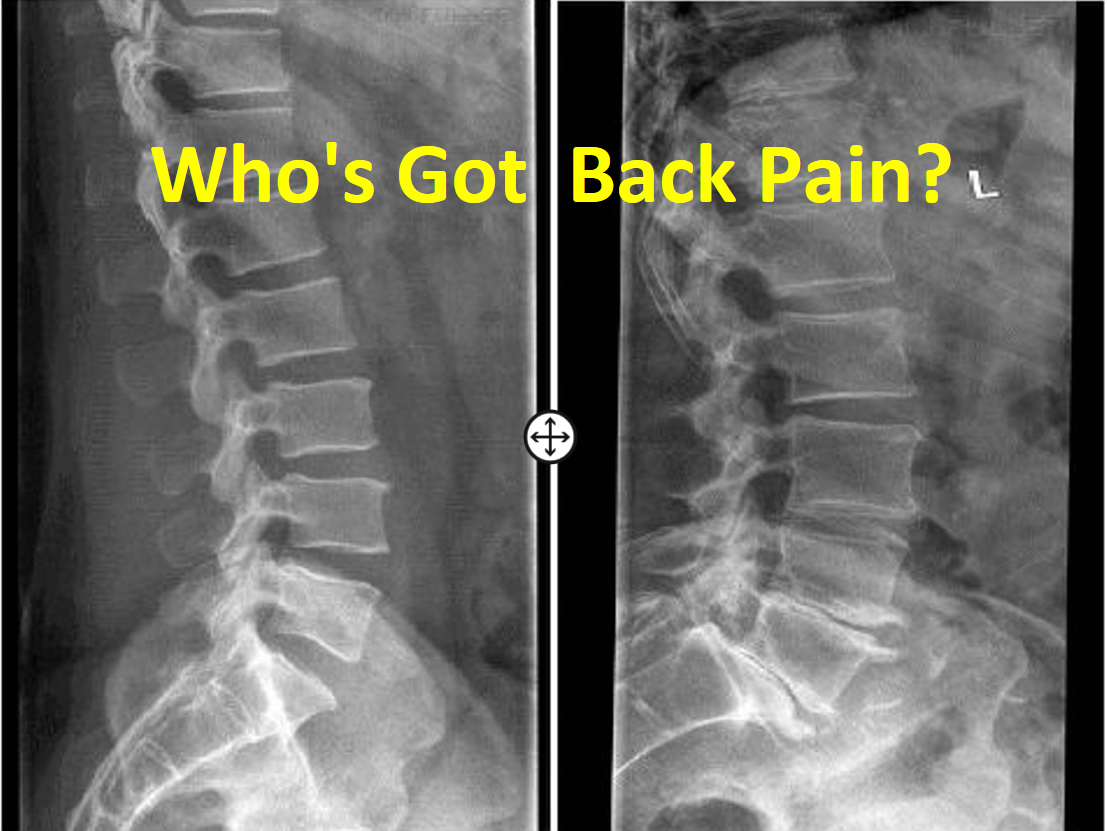
The healing of this issue should not be the main focus. If you are reading this, chances are, you have suffered from a lumbar disc herniation. This elimination of symptoms is a type of healing, but not a complete healing of the herniation. In turn, the symptoms – such as pain and discomfort – will be reduced and the inflammation will go away. In short, no, a herniation in the disc will always remain in the disc however, if the size of that herniation is reduced, it is less likely to irritate nerves in the spine.

When it shrinks, it may no longer negatively impact the nerve that it is located by in the body. Once this happens, the disc will start to shrink.

When a disc becomes herniated, the body may view it as a foreign body.The following may help in the symptoms of a herniation becoming less: Many only experience pain and other symptoms during the initial herniation. As a result of this, it may become irritated again in the future.
Slip disk xray crack#
This increases the comfort level of a sufferer however, the crack or break is still present in the outer region of the disc. As time progresses, this inflammation actually subsides. Once a disc is herniated, high levels of inflammation occur. It is more of the fact that the symptoms associated with the lumbar disc herniation improve. Can a Herniated Disc Ever Fully Heal?Īccording to research, most patients do recover and experience higher levels of comfort, over time however, it is not so much that the herniated disc has healed. Additionally, symptoms that are experienced will depend heavily on whether or not the herniation is in direct contact with a nerve and the amount of pressure that it is placing on that nerve. These include the position of the disc that has experienced a herniation and the size of the disc herniation. The severity of the symptoms depends on several factors. The symptoms that are experienced with a lumbar disc herniation vary immensely from one person to another. A sufferer may experience lower back pain if they sit or lie in bed for long periods of time.Many individuals describe an “electric shock-like” pain that jars either one side or the other of the body.It then radiates down through the leg – impacting the individual all the way through the calf and/or the foot region. When this occurs, pain develops near the back of the body and/or the buttocks region. It is not at all uncommon for lumbar disc herniation patients to experience issues with their sciatica nerve.Many patients that experience this type of herniation find that the functionality of their bladder or their bowels is impacted by the injury.The reflexes may not be as pronounced or decrease in response in the knees and/or the ankles when a person has a lumbar disc herniation.The leg and/or foot on one or both sides of the body may tingle or numbness may be experienced.Many individuals experience muscle weakness within the legs.The back muscles of individuals that have a lumbar disc herniation may spasm.

For example, pain may become worse when standing or sitting for long periods of time, after coughing, or even performing simple movements. Often, the degree of the pain stems from certain movements. Either intermittent or continuous pain in the back.The following outlines the symptoms that may accompany a lumbar disc herniation: Lumbar disc herniation has the potential to result in immense pain however, up to 90% of all individuals that develop this issue will often have no symptoms after a month to two months. What Are the Symptoms of a Lumbar Disc Herniation?


 0 kommentar(er)
0 kommentar(er)
